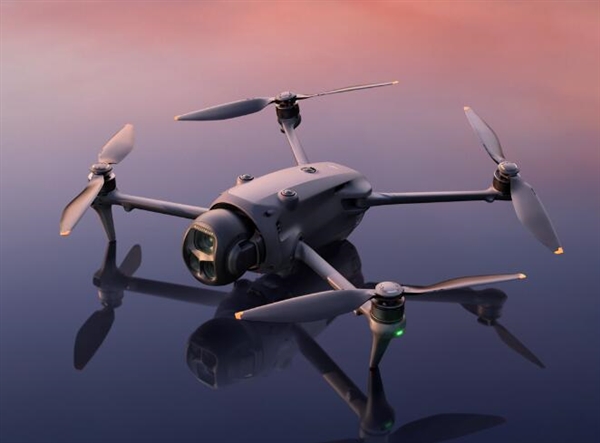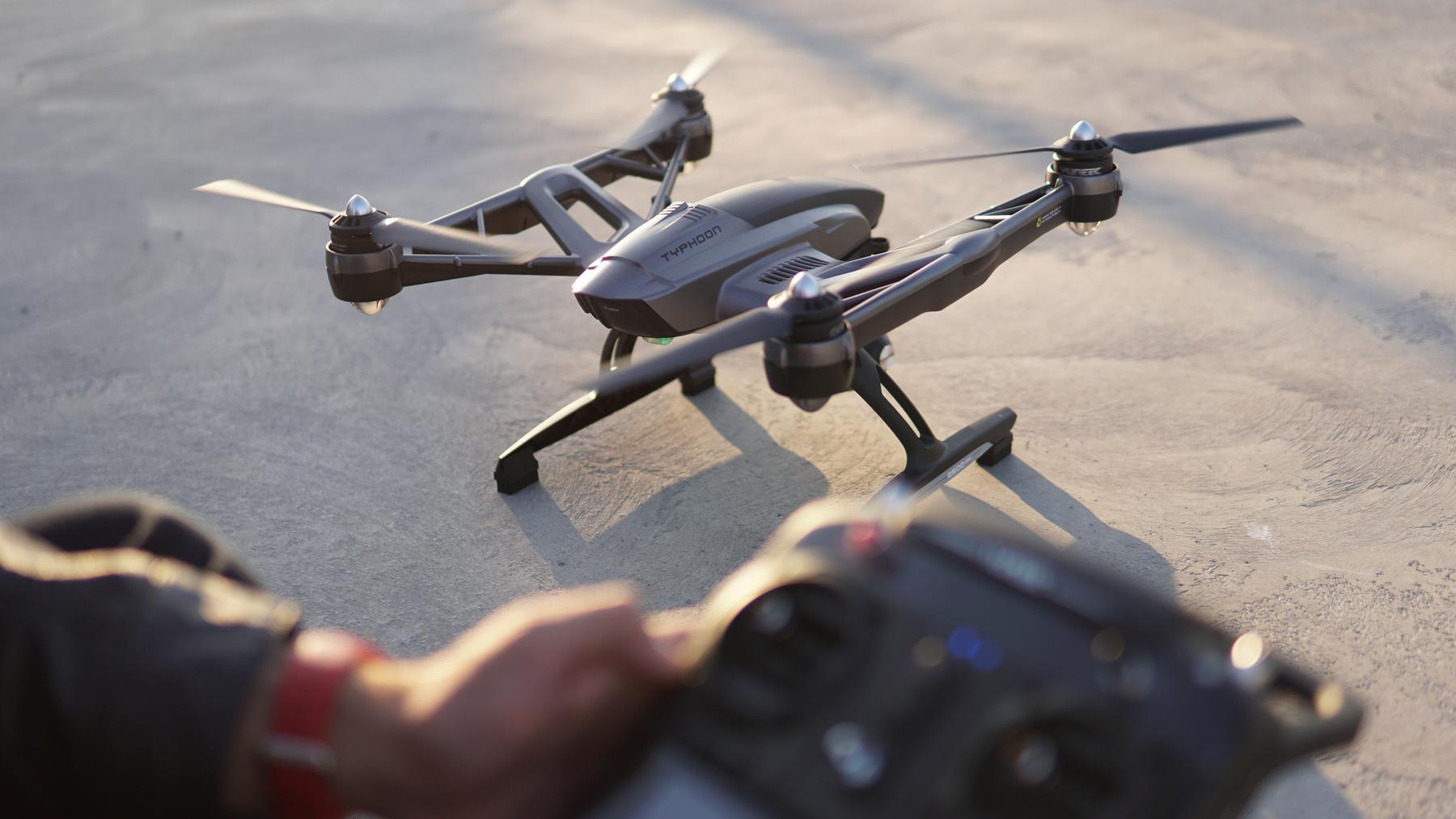In the contemporary landscape of technology and innovation, drone delivery services have emerged as transformative forces reshaping logistics and transportation. By enabling businesses to transport goods swiftly, securely, and efficiently, drones have revolutionized the delivery sector, offering solutions that were once considered beyond reach. As we delve into the future of drone delivery, it’s essential to explore the multifaceted applications and the profound impacts these unmanned aerial vehicles (UAVs) are making on global commerce.
Advantages of Drone Delivery
Drone delivery integrates cutting-edge technology with logistical needs, offering numerous advantages over traditional delivery mechanisms. One of the primary benefits is speed. Drones are capable of circumventing traffic congestion, delivering parcels within minutes of dispatch and significantly reducing delivery times, especially in urban areas. The use of drone delivery also lowers costs associated with fuel and labor, contributing to a more sustainable future and reducing environmental impact by minimizing carbon emissions. Moreover, drones provide access to remote areas, ensuring essential supplies reach places traditional vehicles cannot.
Challenges and Considerations
Despite their potential, drone delivery systems face several challenges that must be addressed to realize their full potential. Regulatory hurdles are perhaps the most significant, with aviation authorities across the globe stipulating stringent guidelines to ensure public safety and privacy. Technical challenges also persist, including the limited battery life of drones and their capacity to carry only small payloads. Furthermore, public acceptance remains a critical factor, as individuals express concerns over privacy and noise pollution.
Future Directions
As the technology progresses, we can anticipate advancements that will enhance the capabilities of drone delivery systems. Innovations in battery technology might expand drones’ flight ranges, while improved AI systems will enhance navigation and safety. Collaborations between tech companies and regulatory bodies will play a critical role in shaping policies that align technology with societal needs, paving the way for wider implementation.


- Will drones replace traditional delivery methods entirely? While drones are certainly revolutionizing delivery systems, it is unlikely they will entirely replace traditional methods. Rather, they will complement existing frameworks, particularly for short-range deliveries and in areas where conventional transportation is impractical.
- How is drone delivery impacting the economy? Drone delivery is fostering economic growth by providing new opportunities for businesses to streamline operations and reduce costs. Additionally, it is spurring job creation in tech development, operational management, and regulatory compliance sectors.
- What are some industries that benefit most from drone delivery? While retail and logistics are prominent beneficiaries, other sectors such as healthcare, construction, and agriculture reap significant advantages, particularly with the ability to deliver crucial materials and supplies to remote or inaccessible locations swiftly.
In conclusion, the rise of drone delivery represents not just a technological innovation but a cultural shift in how we perceive and execute the transportation of goods. With ongoing advancements and increased investment from major players, the future of logistics is set to be one where drones play a leading role in redefining efficiency and accessibility.